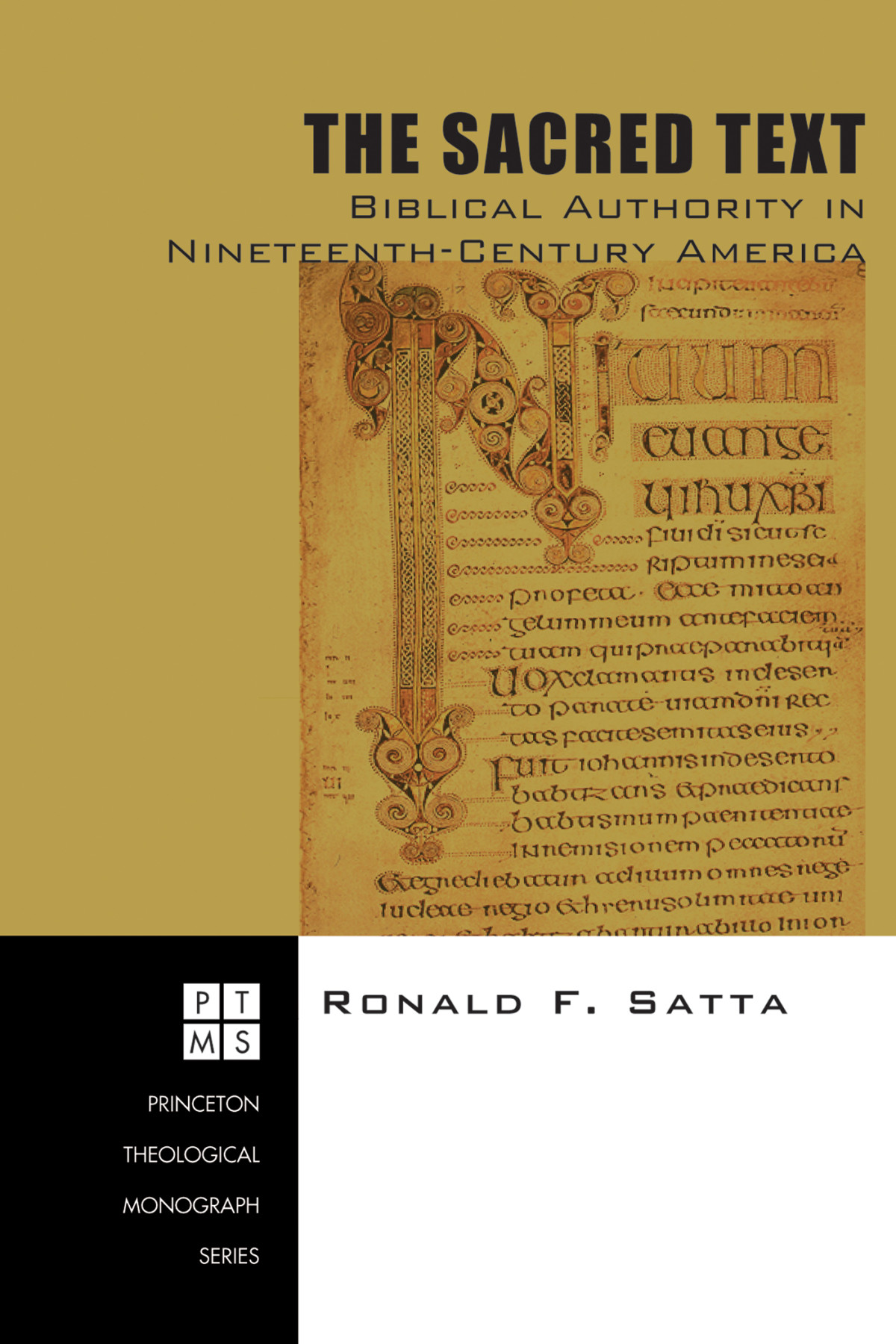

Most ebook files are in PDF format, so you can easily read them using various software such as Foxit Reader or directly on the Google Chrome browser.
Some ebook files are released by publishers in other formats such as .awz, .mobi, .epub, .fb2, etc. You may need to install specific software to read these formats on mobile/PC, such as Calibre.
Please read the tutorial at this link: https://ebookbell.com/faq
We offer FREE conversion to the popular formats you request; however, this may take some time. Therefore, right after payment, please email us, and we will try to provide the service as quickly as possible.
For some exceptional file formats or broken links (if any), please refrain from opening any disputes. Instead, email us first, and we will try to assist within a maximum of 6 hours.
EbookBell Team

5.0
78 reviewsThe advances of geologic science, Darwinism, theological liberalism, and higher textual criticism converged in the nineteenth century to present an imposing challenge to biblical authority. The meteoric rise in secular knowledge exerted tremendous pressure on the Protestant theological elite of the time. Their ruminations, conversations, quarrels, and convictions offer penetrating insight into their world--into their perspective on Scripture and authority and how their outlook was challenged, defended, and sometimes changed across time. Moreover, the nineteenth-century imbroglios greatly illuminate a recent controversy over biblical authority. Some influential modern scholars of American religion contend that the doctrine of the inerrancy of the original autographs is a recently contrived theory, a theological aberration decidedly out of concert with mainline orthodoxy since the Reformation. They argue that pressure from biblical critics incited late nineteenth-century Princeton theologians to fabricate the notion as a way to quell criticism against Scripture. American fundamentalists, they insist, unwittingly adopted inerrancy as orthodoxy, being deceived by this innovation. This story has become standard scholarly currency in many quarters. However, The Sacred Text indicates that fundamentalists and conservative Protestants more generally are the standard-bearers of the ascendant theory of biblical authority commonly endorsed among many of the leading Protestant elite in nineteenth-century America.